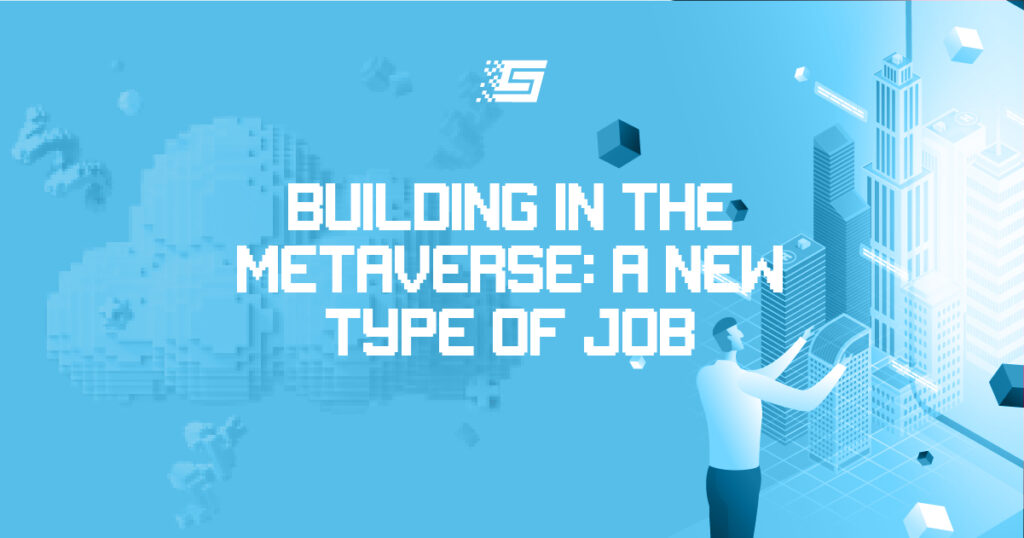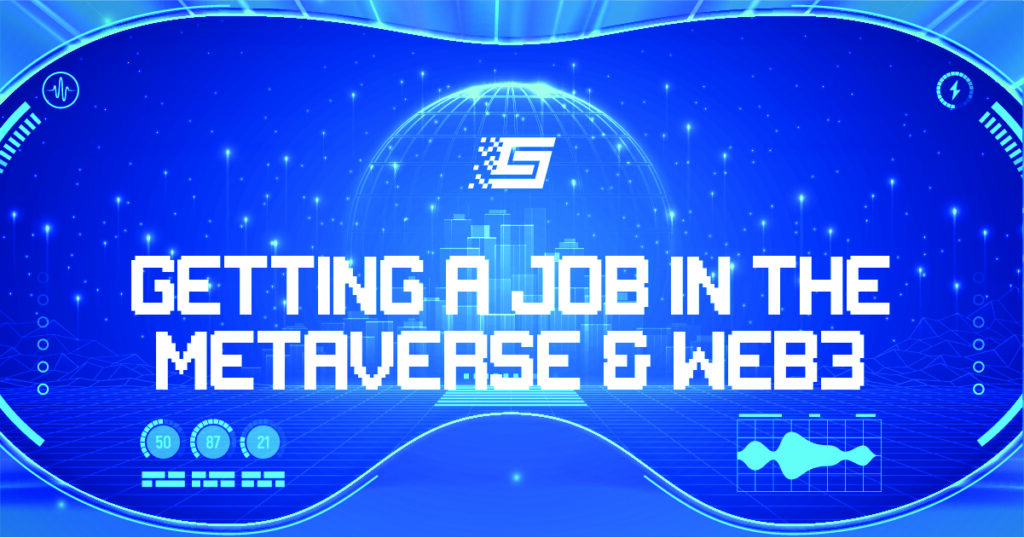From Social Media To The Metaverse
The New Model For Data Ownership
Since the creation of the internet, we’ve lost control of our data. For a time, the only people raising concerns about ownership of data were activists watching in horror as companies built their toll booths on the information superhighway to begin extracting value from users’ personal data.
With the birth of social media (which we could call Web2), big tech amassed unimaginable troves of our personal information, often without the individual’s knowledge or actual informed consent. Not many people take time to read the terms and conditions, but it’s all in there.
For a vast amount of people, relinquishing control of their data doesn’t matter so much. The internet services and products we use on a regular basis provide convenience, and handing over our personal data is the price we pay.
Web3 promises a game-changing window of opportunity. We can all reclaim our private data and eliminate the need for the centralized third-party platforms we currently rely on for connectivity.
Many questions need answering about data security, such as the ability to restore our identities if we lose our keys. But extending our individual sovereignty into the digital world without being beholden to big tech companies is a powerful concept.
Web3 Tech
The metaverse looks set to become a seamless extension of our physical reality. As this space grows, we will need to enable persistent, portable versions of our digital selves – avatars. It is essential that the high-res biometric data that secures these personal avatars and other assets we own doesn’t find its way into the hands of every corporation or group of developers building virtual experiences in the metaverse.
In this virtual world, participants could do almost anything that is possible in the real world. By combining the use of AR (augmented reality) and VR (virtual reality), it allows people and communities to interact on social platforms. Users can create their 3D avatars in the holographic digital world to perform extreme physical actions that may not necessarily have been possible in reality.
Non-Fungible Tokens
When we store personal data in NFTs, secure transportation of this information across virtual spaces in the metaverse can occur. NFTs also give the user complete control over when personal information makes its way to third parties and how they can use it. Therefore, participants in the metaverse can use NFTs to prove their identities in any context without having to reveal any sensitive private data.
Hyperreal avatars based on biometric data can become a decentralized and user-controlled system of identity verification built into the very fabric of the metaverse.
The transition to a new NFT-powered data ownership model is already underway. Those working to secure our personal data with NFTs in the metaverse are plotting the course toward a metaverse where our avatars have all the characteristics that we value in our flesh and blood. Now, we finally have the technology that allows regular people to protect and control who they are and also what they do in the metaverse.
Crypto’s Role In The Metaverse
The metaverse has great potential to reshape the economy. It seems likely that it will bring opportunities and employment for millions in the future.
Any virtual ecosystems need virtual assets to trade with, and in this case, crypto is the obvious choice. Crypto and the metaverse could come to rely heavily on each other as they develop. Cryptocurrencies run the virtual economy of the metaverse. These virtual assets are used around the world for digital transactions, and they make for a useful tool in purchasing digital items and sending or receiving payments on metaverse platforms.
The adoption of cryptocurrencies is well underway. The total Bitcoin value transferred per year has risen from $2.3T throughout 2018 to $17.78T just halfway through 2022.
Examples Of Developing Metaverse Projects
Decentraland
The metaverse project Decentraland uses MANA as the native cryptocurrency. It provides governance protocol to users as well as the means of making transactions on the platform.
Decentraland is an Ethereum network-based metaverse experience. Participants can create customized virtual avatars, play games, go to virtual casinos to earn rewards, or buy and sell virtual land and other NFT products using MANA.
People can also use MANA to purchase avatars, digital accessories, and assets, or they can buy land and develop it for games and other experiences.
The project is controlled by a DAO (decentralized autonomous organization). Owners of MANA or virtual property can participate in voting on initiatives and new developments for Decentraland.
Decentraland has a total market evaluation of around $5 billion.
The Sandbox
The Sandbox is another Ethereum-based digital world quite similar to Decentraland, with SAND acting as the virtual currency of its user-created metaverse. The SAND token can be bought and sold on a number of cryptocurrency exchanges and is used to purchase accessories, virtual land, buildings, and other digital items as NFTs.
This virtual community platform allows users to create and sell digital content, interact with each other, and also earn income through gaming. The Sandbox has been endorsed by big names from the music industry, including Deadmau5 and Snoop Dogg.
Currently, The Sandbox is running just behind Decentraland with a total market cap of $2.3 billion.
Axie Infinity
You could think of Axie Infinity as an Ethereum blockchain-based version of Nintendo’s Pokémon franchise. Players can train monsters called Axies to compete against other teams. This “play-to-earn” game gives participants a chance to earn the native AXS tokens.
The tokens allow players to purchase new Axies (which trade as NFTs), train existing Axies to improve their character traits, and purchase virtual land within the Axie Infinity universe.
The most expensive Axie ever sold cost the buyer $820,000 worth of Ethereum at the then-market price.
MetaCity
MetaCity is a metaverse gaming platform similar to Minecraft that allows users to buy and sell NFT plots and also develop businesses. It offers a cross-game feature whereby players can exchange gaming items between different games.
MetaCity provides free NFT drops where users can earn rewards. Also of note, a unique feature of the platform is that users can create an economy or create a living of their choice through NFT characters.


